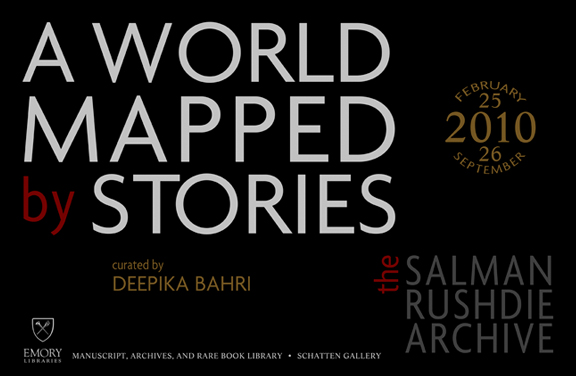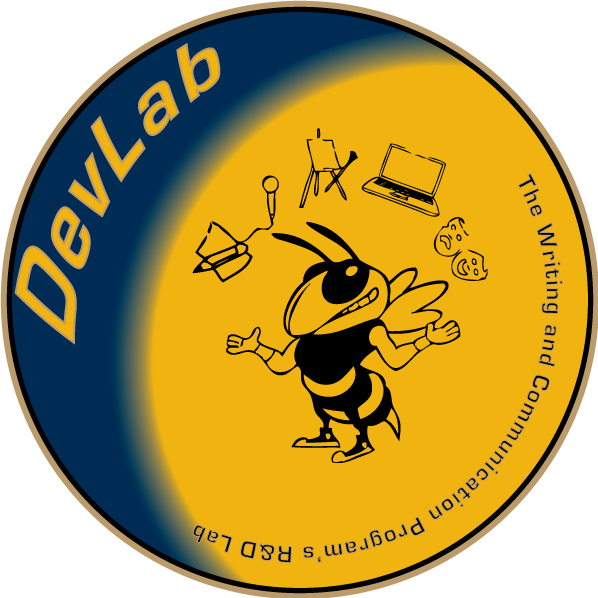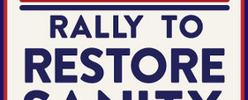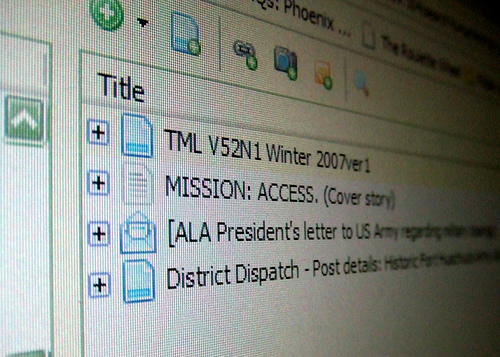The Parachut<e>: A Grading/Marking Workflow
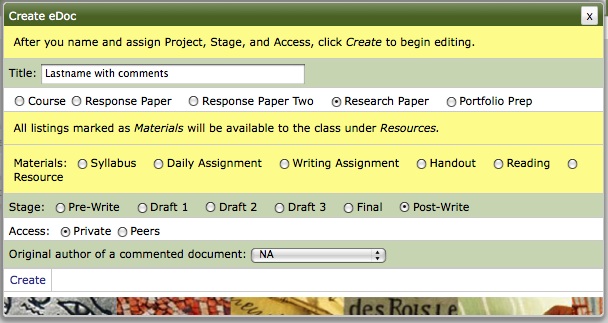
What is the Parachut<e>? This semester, the Director and Assistant Director of the Writing and Communication Program here at Georgia Tech approved a pilot program for a learning technology that I have been helping to design and build for the last several years. <emma> is a learning management system that… Continue reading



